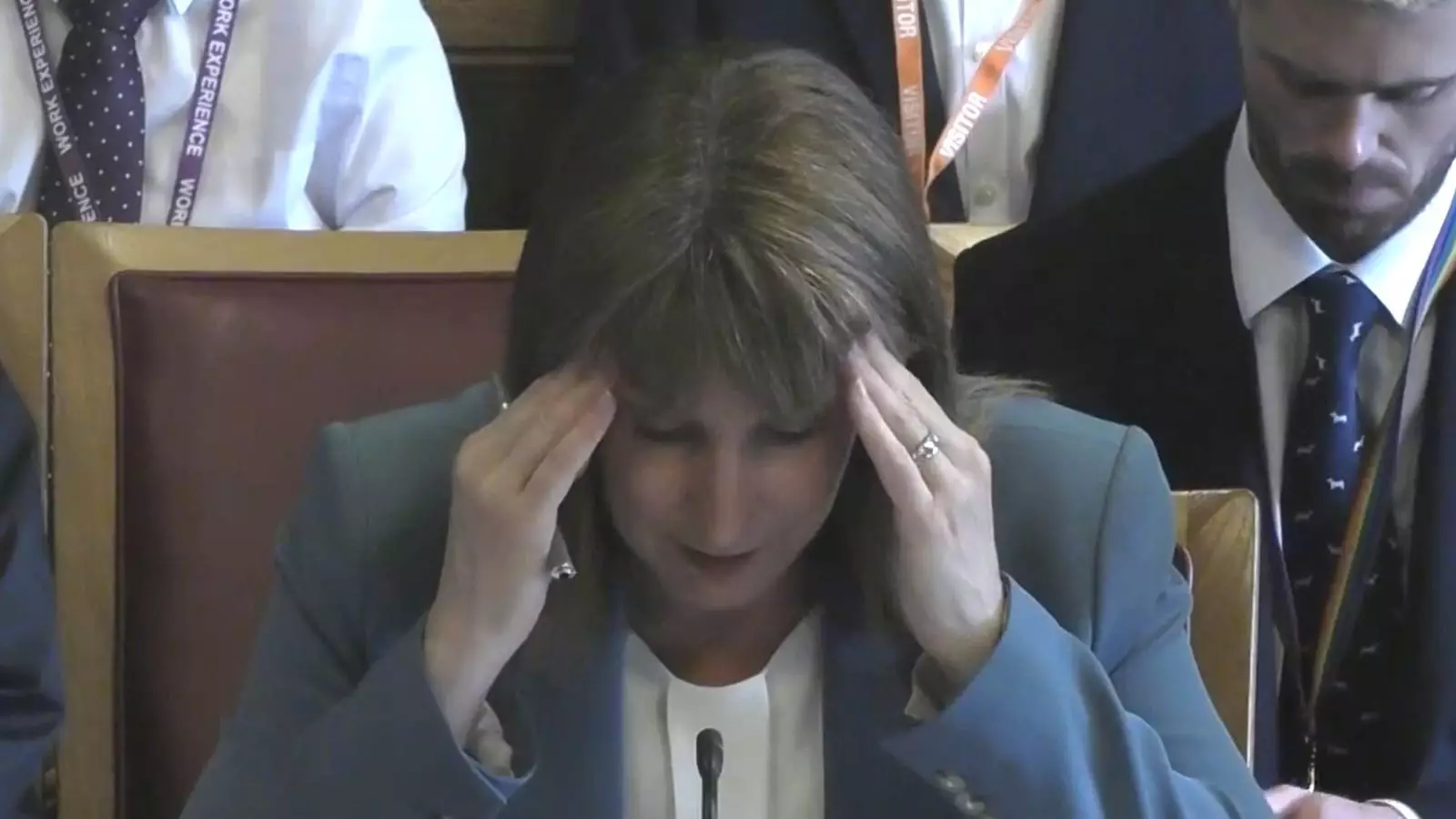Britain stands at a precarious crossroads, yet the political establishment seems increasingly reluctant to confront its deep-seated economic challenges head-on. According to the latest analysis from the National Institute of Economic and Social Research (NIESR), the upcoming autumn budget is poised to reveal a yawning fiscal gap exceeding £40 billion. This isn’t a mere statistical blip; it’s a stark indicator that the nation’s economic policies, especially in the realms of taxation and public spending, are crumbling under their own weight. The government’s current trajectory — one that aims to balance the books without raising taxes or cutting crucial services — is fundamentally unsustainable. The question is: will Britain summon the political will to tell the truth and make the necessary sacrifices, or will it continue to kick the can down the road?
The fiscal rules guiding UK policy, which stipulate that day-to-day government spending should be covered by tax revenue, are on the brink of being broken by an alarming £41.2 billion. This shortfall isn’t just an abstract figure; it signifies a systemic failure within the framework of economic management. The reluctance to increase taxes or enforce prudent financial discipline stems from political fears — of alienating voters, of damaging short-term growth, or of bucking the ideological tide pushing against austerity. However, disavowing these realities only deepens the economic abyss, making eventual correction even more painful.
Economic stagnation and political contradictions deepen the crisis
Britain’s economic sluggishness compounds the fiscal mess. With GDP growth forecast to hover at a meager 1.2-1.3% over the next two years, the country simply isn’t generating enough economic momentum to fill the budget gap organically. Weak growth, combined with higher-than-expected borrowing, is pressing the government into a corner. This economic stagnation isn’t accidental; it’s a symptom of broader structural issues — declining productivity, underinvestment, and the political unwillingness to implement transformational reforms.
Adding to the complexity is the reversal of welfare cuts, which — in theory — could have liberated funds to bolster investment and productivity. Instead, reversing these measures has driven up public expenditure, further widening the deficit. Politicians seem more interested in short-term appeasement than long-term strategic fixes, thus creating what NIESR terms an “impossible trilemma”: compliance with fiscal rules, honoring existing spending commitments, and maintaining manifesto promises that oppose tax increases. It’s a perfect storm, and the government’s response so far has been inadequate, teetering on the edge of populism reminiscent of fiscal irresponsibility.
Progressive solutions: We need a fairer, smarter tax system
The report advocates for tactical, yet progressive reforms, emphasizing that modest but sustained tax increases are both necessary and fair. Instead of resorting to reckless austerity or broad-brush cuts, Britain must consider rethinking its tax base—particularly through reforms to council tax and the radical proposal to replace it with a land value tax. These measures are not just about raising revenue; they’re about creating a fairer, more equitable system that places the burden on those who can most afford it and encourages beneficial land use policies. Such reforms could generate vital revenue while fostering a more balanced and sustainable economy.
Furthermore, the government should prioritize reducing economic inactivity — a tool capable of easing welfare pressures and stimulating growth from within. Investing in skills, education, and restructuring the labor market would not only reduce welfare dependency but also cultivate a more resilient, productive economy. The path to fiscal stability is not merely about raising taxes; it’s about fostering inclusive growth that benefits all citizens, especially those left behind in the current system.
Inaction risks turning Britain into a fiscal and social failure
Persistent inflation, sluggish growth, and widening inequality paint a bleak picture for the near future. The Bank of England’s predicted interest rate cuts may offer temporary relief, but they risk fueling further inflation that erodes living standards — particularly for the poorest households. The fact that the most vulnerable are falling further behind and experiencing a 1.3% decline in living standards underscores the urgency of real political ambition for change.
This crisis demands a bold, responsible approach rooted in fairness, sustainability, and strategic investment. Britain’s leadership must recognize the gravity of this moment: continued complacency will only deepen social divides, weaken economic resilience, and undermine the very social fabric that keeps the country united. To do otherwise is to gamble with the future of a nation already tested by economic hardship and political indecision.


Leave a Reply